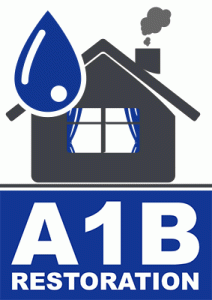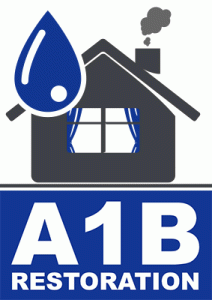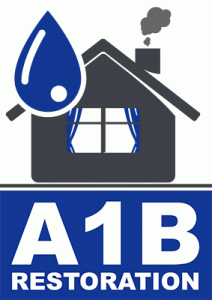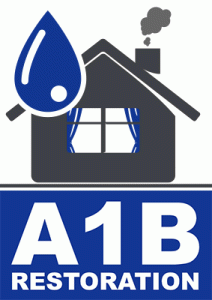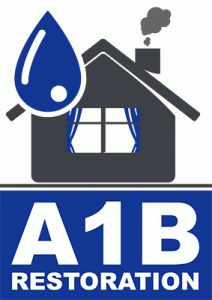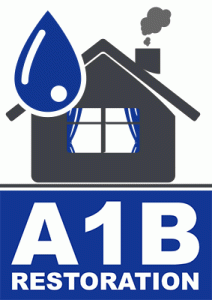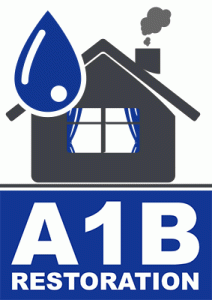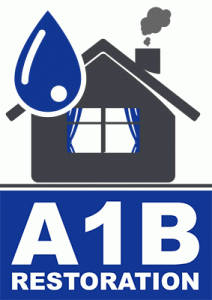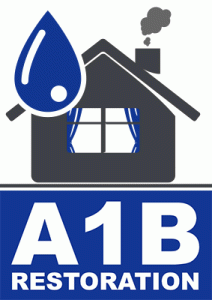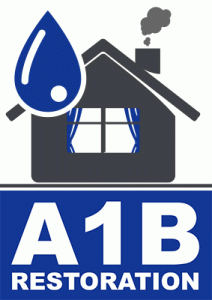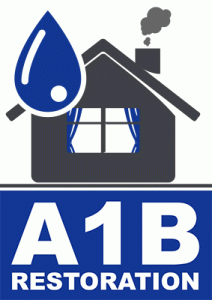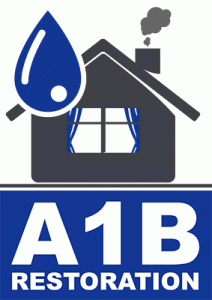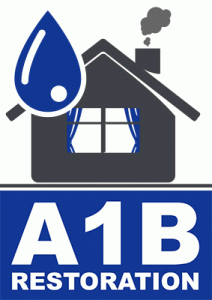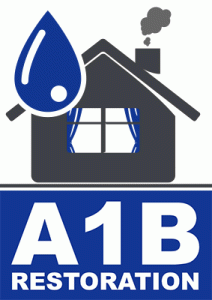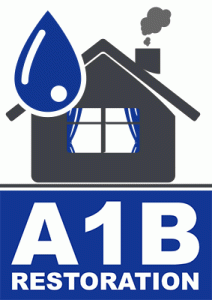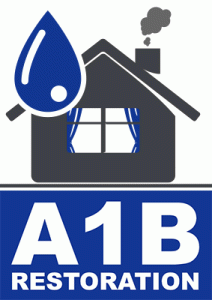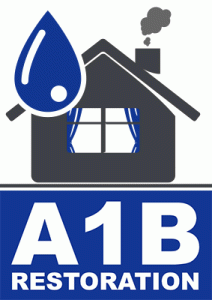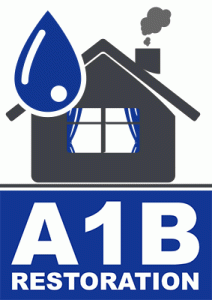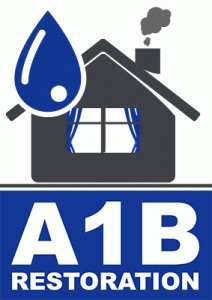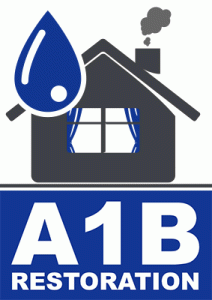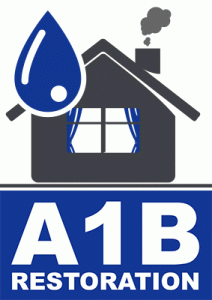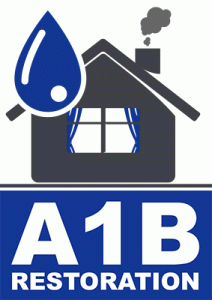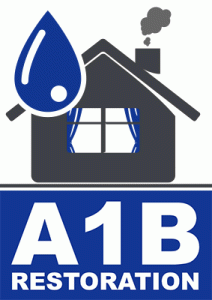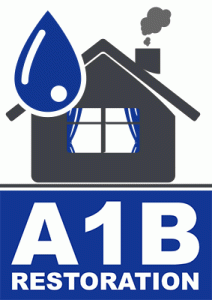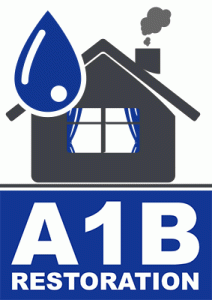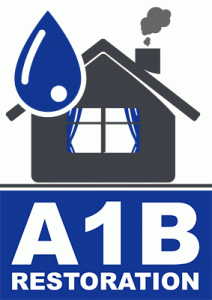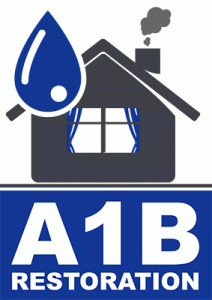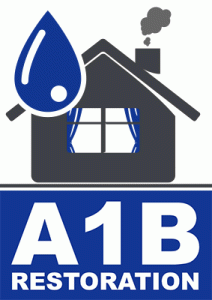Water Mitigation: What Is It and Why Is It Important?
Water damage can cause significant structural and financial burdens. Whether from a natural disaster, plumbing failure, or other sources, water damage can lead to costly repairs and long-term consequences for homeowners and businesses alike. This is where water mitigation comes into play.
In this comprehensive guide, we’ll delve into what water mitigation is, why it is crucial, and how you can take actionable steps to protect your property. By the end of this article, you’ll be well-equipped with the knowledge to safeguard your home or business from water-related damages.
Understanding Water Mitigation
Water mitigation refers to the process of reducing or preventing the adverse effects of water damage. It encompasses a variety of techniques and measures designed to mitigate the immediate and long-term impact of water intrusion.
The primary goal of water mitigation is to minimize damage and facilitate the restoration process, ensuring that affected areas are returned to their pre-damage condition as quickly and efficiently as possible.
Why Is Water Mitigation Important?
Preventing Structural Damage
Water can weaken the structural integrity of buildings, leading to cracks, mold growth, and even collapse in severe cases. Effective water mitigation helps prevent these issues by addressing the source of the water intrusion and removing excess moisture promptly.
Health Considerations
Standing water and excess moisture create an ideal environment for mold and bacteria growth. Exposure to mold can cause various health problems, including respiratory issues, allergies, and infections. Water mitigation helps eliminate these hazards by ensuring thorough drying and sanitization of affected areas.
Reducing Financial Costs
The longer water damage goes unaddressed, the more extensive and expensive the repairs become. Water mitigation can significantly reduce restoration costs by addressing water issues early and preventing secondary damage.
According to the National Flood Insurance Program (NFIP), the average claim for water damage and flooding is around $30,000. Implementing water mitigation strategies can help avoid such costly expenses.
Common Causes of Water Damage
Natural Disasters
Floods, hurricanes, and heavy rains can introduce large amounts of water into homes and businesses, leading to substantial damage. Coastal areas and regions prone to extreme weather should be particularly vigilant about water mitigation measures.
Plumbing Failures
Burst pipes, leaky faucets, and malfunctioning appliances are common sources of water damage. Regular maintenance and inspections can help prevent these issues from escalating.
Roof Leaks
Damaged or aging roofs can allow water to seep into the structure, leading to significant damage over time. Regular roof inspections and timely repairs are essential to mitigate this risk.
Steps Involved in Water Mitigation
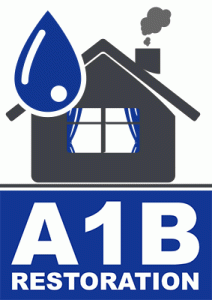
Lake Dallas TX water damage restoration companies
water damage restoration companies Lake Dallas TX ...
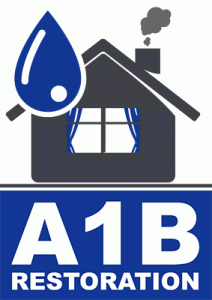
North Richland Hills TX water damage restoration company
water damage restoration company North Richland Hills TX ...
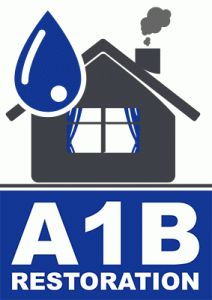
Parker TX water damage restoration companies near me
water damage restoration companies near me Parker TX ...
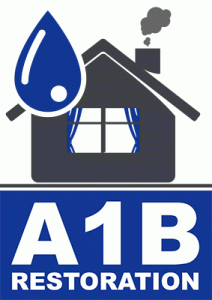
Lake Dallas TX water damage restoration companies near me
water damage restoration companies near me Lake Dallas TX ...
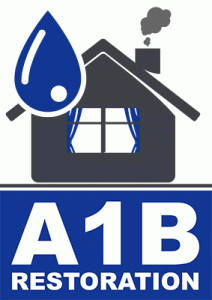
Dallas TX water damage restoration companies near me
water damage restoration companies near me Dallas TX ...
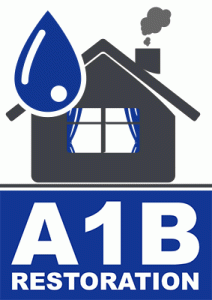
Duncanville TX water damage restoration services
water damage restoration services Duncanville TX ...
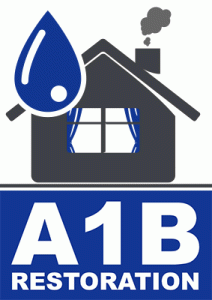
Fate TX water damage restoration companies near me
water damage restoration companies near me Fate TX ...
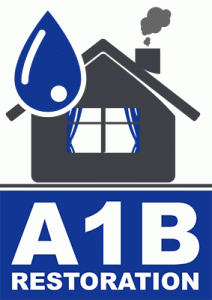
Arlington TX water damage restoration companies near me
water damage restoration companies near me Arlington TX ...

Lake Dallas TX water damage restoration companies

North Richland Hills TX water damage restoration company

Parker TX water damage restoration companies near me

Lake Dallas TX water damage restoration companies near me

Dallas TX water damage restoration companies near me

Duncanville TX water damage restoration services

Fate TX water damage restoration companies near me

Arlington TX water damage restoration companies near me
Inspection and Assessment
The first step in water mitigation is to conduct a thorough inspection and assessment of the affected areas. This involves identifying the source of the water intrusion, evaluating the extent of the damage, and determining the appropriate mitigation measures.
Water Removal
Once the source has been identified, the next step is to remove the standing water. This is typically done using specialized equipment such as pumps and vacuums to ensure efficient and effective water extraction.
Drying and Dehumidification
After the water has been removed, the affected areas must be thoroughly dried to prevent mold growth and further damage. Dehumidifiers and industrial-grade fans are often used to expedite the drying process.
Cleaning and Sanitizing
All affected surfaces and items should be cleaned and sanitized to eliminate bacteria and prevent mold growth. This step is crucial for ensuring a safe and healthy environment post-mitigation.
Restoration
- water damage company near me The Colony Texas
- water damage restoration cost The Colony Texas
- water damage restoration service The Colony Texas
- water damage restoration services near me The Colony Texas
- water extraction company The Colony Texas
- water mitigation company near me The Colony Texas
- water mitigation company The Colony Texas
- water remediation company near me The Colony Texas
- water remediation The Colony Texas
The final step involves restoring the affected areas to their pre-damage condition. This may include repairing structural elements, replacing damaged materials, and applying protective coatings to prevent future water damage.
Actionable Tips for Effective Water Mitigation
Regular Inspections
Conduct regular inspections of your property, paying close attention to areas prone to water damage such as basements, attics, and roofs. Early detection of potential issues can prevent significant damage.
Install Water Detection Devices
Water detection devices can alert you to leaks and water intrusion early, allowing for prompt action. Consider installing these devices in areas such as basements, kitchens, and bathrooms.
Maintain Proper Drainage
Ensure that your property has proper drainage systems in place to direct water away from the foundation. This can help prevent water from seeping into the structure and causing damage.
Seal Cracks and Gaps
Seal any cracks or gaps in your property’s foundation, walls, and roof to prevent water from entering. Use waterproof sealants and regularly inspect these areas for any signs of deterioration.
Invest in Flood Barriers
In flood-prone areas, investing in flood barriers can provide an additional layer of protection. These barriers can be deployed quickly in the event of a flood, preventing water from entering your property.
Conclusion
Water mitigation is an essential aspect of protecting your property from the devastating effects of water damage. By understanding the causes of water damage and implementing effective mitigation strategies, you can safeguard your home or business, reduce repair costs, and ensure a safe and healthy environment.
Remember, the key to successful water mitigation is prompt action. Regular inspections, maintenance, and the use of appropriate technologies can go a long way in preventing water damage and its associated consequences. Stay proactive, stay protected.

